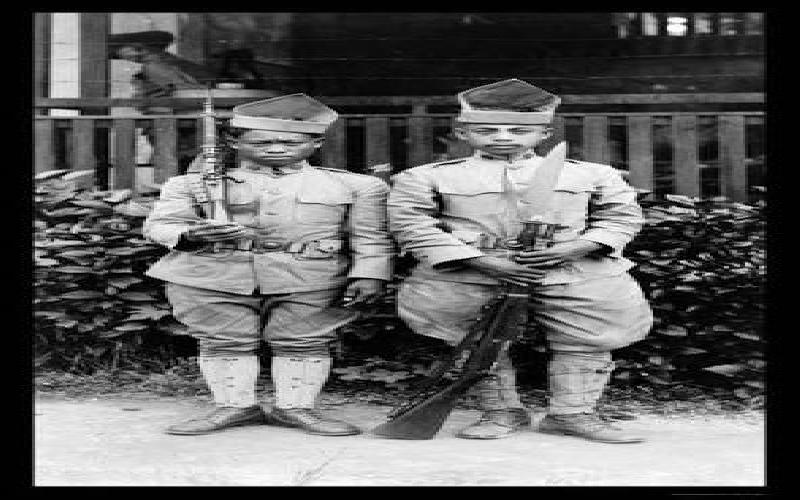The Contemporary Muslim revolutions in the Philippines


The moment the Spain landed in the Philippine soil and conquered the whole island, occupied it for 300 years and the day they withdrawn, our Muslim brothers in the south had been a pain on their neck. Even though the Muslim was defeated, they did not surrender to the Spanish Invaders.
Many of the Filipino-Muslim community bravely fought so that they will not be conquered. They also protected their Islamic Religion not to be tainted or converted to Christianity. They had made various types of weapons such as the “lantaka” and use it against the invaders. Many attempts was made by the Spanish forces to conquer the whole Mindanao Region, but all of them failed.
In 1638, Governor Corcuera send his troops to the province of Jolo to conquer it. But the whole Muslim community in the province stood their ground and gallantly fought for their rights. Even though, the Muslims was defeated on their turf, they did not surrender.
Governor Corcuera put up a military garrison and camp in Jolo in order to crashed the Muslim revolution in the area as well as totally conquering the whole of Mindanao. But the plan of conquering the whole region of Mindanao did not materialized since the Filipino-Muslim did not surrender to Spain.
Our Muslim brothers take revenge to the what the Spaniards had done to Jolo. They raided the Spanish communities near the shores of Luzon and Visayas bringing with them the community people and sold them as slaves in other countries. The government of Spain spent a huge amount of money and resources in order to put an end to this revolution, but they did not totally crashed the Muslim Revolution. For the Spanish Regime, they had called the Muslim raiders as pirates.
The Muslim Leaders of Mindanao who fought against the foreign invaders and defend their freedom against Spain are as follows:
During the middle of the 19th century, when the Spanish government bought three high speed boat equipped with modern firepower, the raiding of the Muslims were drastically reduced. One 1851, a treaty was signed between the Sultan of Jolo and the Spanish government to put an end to the war. In this treaty, they Spaniards had given freedom all the Muslims to exercise their Islam religion freely. The Datu and Sultan were given pensions, give the Sultan the freedom to inherit there throne to their kin. In return, the Muslim will stop the raiding, the Muslim will recognized the government of Spain and will never make an agreement with other countries.
Lal Bahadur Shastry was the second Prime Minister of India. Read his short biography here..
Between fifteenth to eighteenth century, a unique style of architecture developed in India, then under the rule of the Mughal empire. This particular style of architecture, that resulted in several great buildings like Taj Mahal, is a hallmark of the great historical legacy that has been inherited by the two new nations formed in the wake of partition of India.
.I visited Alibaug with bunch of my best friends for a good trip, and it was so good. Stay tuned for this experience.